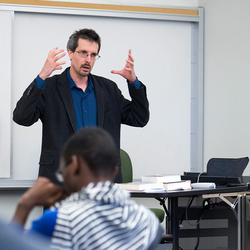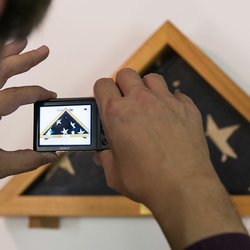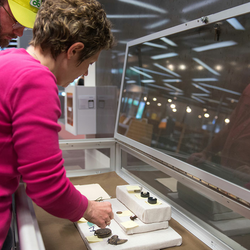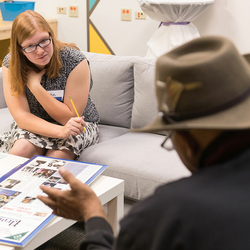At the University of Illinois Springfield, students in the Masters in History program enhance their skills in research and analyzation. These critical thinking skills prepare you to interpret history for various audiences. Students can specialize their courses of study through concentrations in American History, European and World History and Public History. Our graduates go on to work in museums, historical agencies and more. Graduates of our Public History M.A. program have a 100% job placement rate.
Graduate
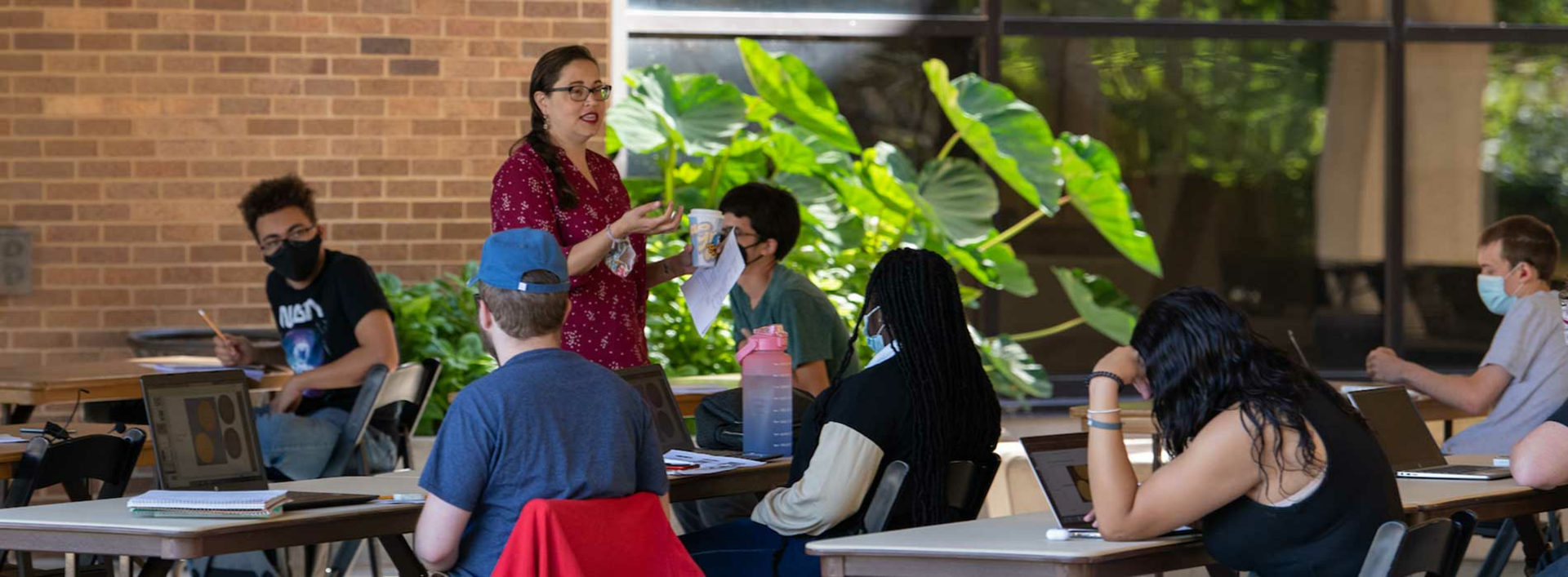
Annual Security Report | Barrier to Access Form | Consumer Info | Disability Services | Institutional Accreditation | Title IX | Online Course Complaint Form | Student Grievances | Privacy Statement | Nondiscrimination Statement | System Statement on Sex Discrimination
© 2025 The Board of Trustees of the University of Illinois. University of Illinois System | Urbana-Champaign | Chicago
